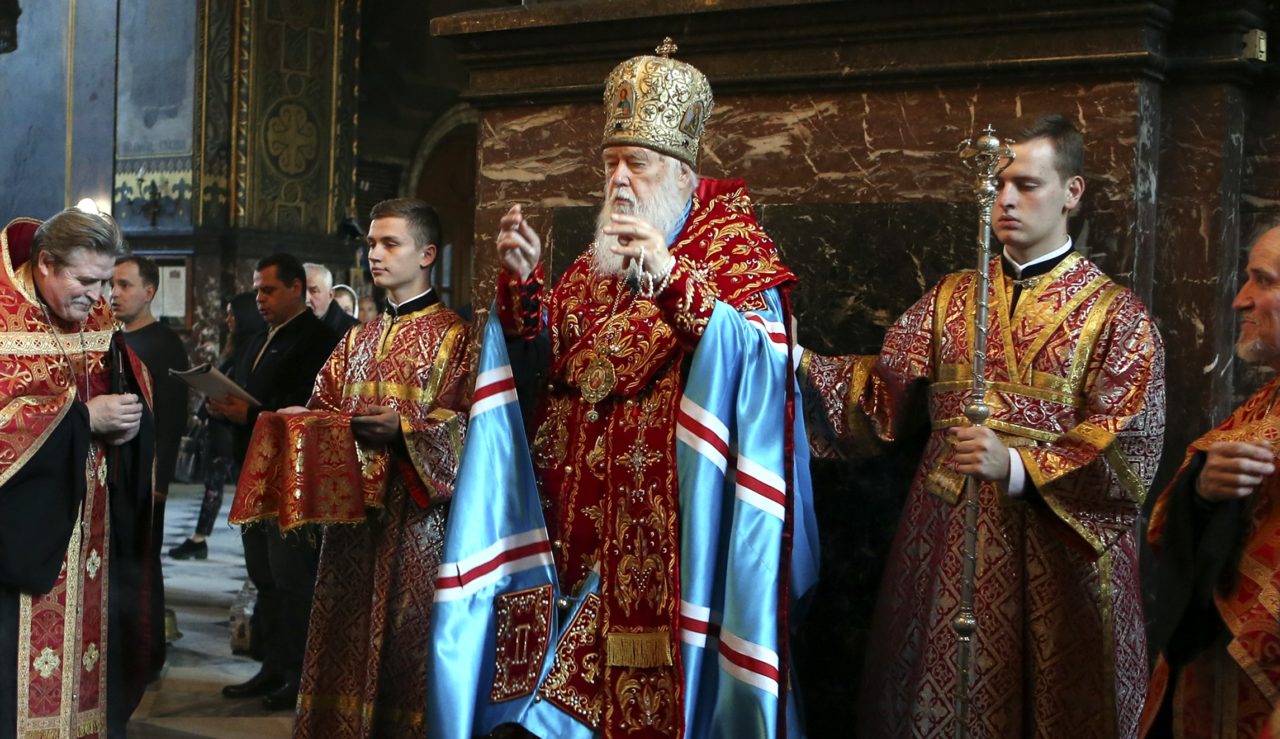In my region of the world, it’s a taboo for a church to have a denomination. Churches that have one are said to be divisive and misleading. I disagree.
Christianity is the only ideology that can span all times, cultures, and situations, but show me a single organization that could manage that much territory. No nation has been able to do it in the history of the world. Those that have come close never managed to last a century after their peak. And that’s for good reason; some cultures mix about as well as oil and water. How well did Mongol culture fit the Persians? Or the British culture with their myriad of subjects and protectorates? This is not even to mention the massive administrative tasks bequeathed on such an administration. Could you imagine all 2.4 billion Christians worldwide answering, even indirectly, to a single pope? A glorious thought, I know, but think realistically for three seconds and the cracks begin to show.
Yet even if all practical issues are solved; we should not want a homogenous, hegemonic faith. I am reminded of a local megachurch who, over the past decade, began merging with half a dozen smaller churches to a total of eight separate campuses. They would have absorbed another church in Davis’s Discovery Christian Church, but the elders there found Bayside’s tenets on gender to be incompatible. Had their counterparts paid more attention to core differences in beliefs and less on “uniting the church,” or, far worse (and purely speculation), business opportunity, perhaps they might have decided against the merge. Now, it is much too late for them. The church is now tied to those beliefs, whether or not they are tested and true.
More obvious examples present themselves. Latter Day Saints consider themselves Christian, and believe most things central to the Christian faith. They believe that Christ is Lord alone, and that he died for our sins. Should we unite with them as brothers? Arguably, yes, but I would first posit their additional beliefs in the Book of Mormon. Are those true? I personally doubt their validity. Is that dividing the church? Yes, but along understandable lines. This is why there are separations within the faith.
While erroneous tenets are foul and abhorrent, perhaps equally so is the dumbing down of Christianity. Nearly all the faiths that claim to be Christian believe in core tenets. They know the Bible as God-breathed. They believe in the Trinity, in the Son’s divine and mortal nature in some factor. They champion Jesus as Lord, and they believe in his death and resurrection. These are good and sound beliefs which should be pursued. One could even make the case that these are the only tenets necessary for faith. But to fail to move further, to explore the Word, is to welcome complacency and to risk reversion and falling out. We need tenets to remain strong in the faith. It’s what helps keep Christianity alive.
Siberia is cold, harsh, and sparsely populated. What tenets from the anticorruption, fundamentalist Protestantism could benefit them? Only the tenets of the Russian Orthodox sect, which values quiet meditation in the face of unending hardship could reach the men and women there. Only the rites and traditions of the Roman Catholic Church could reach out to the Japanese in as effective a manner. The Protestant faith meshes perfectly with the ideals of the United States, which is why the United States remains a bastion of faith to this day. Christianity can offer incentives that are uniquely tailored to cultures and individuals in a way that no other nation can. Denominations are collectively the incarnation of Christianity’s adaptive nature. This is, in part, how we can spread across the world.


Leave a Reply